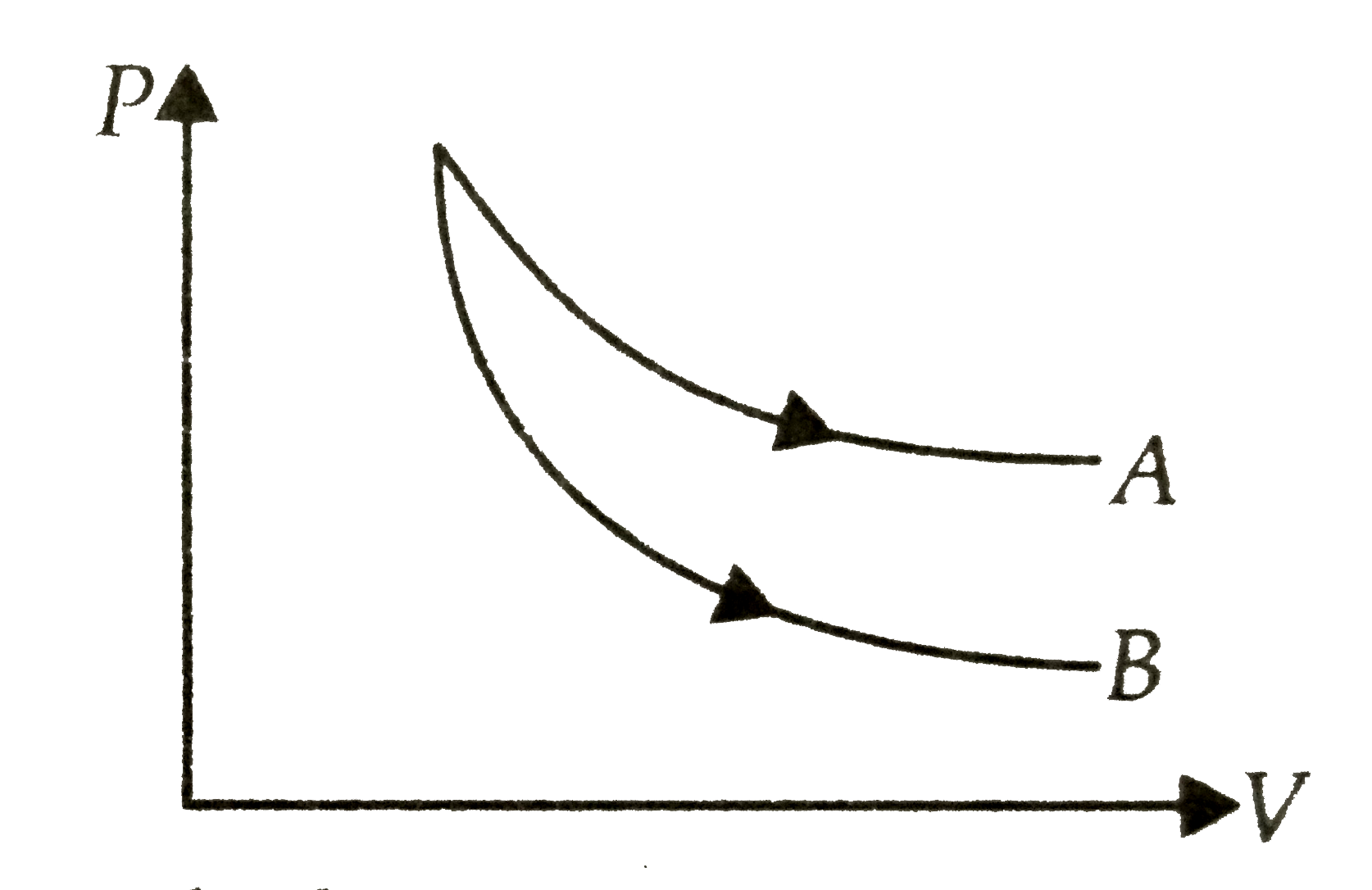Which one of the following statements is true?
A scalar quantity is the one that is conserved in a process
A scalar quantity is the one that can never take negative values
A scalar quantity is the one that does not vary from one point to another in space
A scalar quantity has the same value for observers with different orientation of the axes
The correct Answer is:D
To determine which statement about scalar quantities is true, let's analyze each option step by step.
Step 1: Analyze Option A
Statement: A scalar quantity is the one that is conserved in a process.
Analysis: This statement is false. A scalar quantity can change during a process. For example, distance traveled by an object is a scalar quantity and it can vary as the object moves. Therefore, this option is incorrect.
Step 2: Analyze Option B
Statement: A scalar quantity is the one that can never take negative values.
Analysis: This statement is also false. Scalar quantities can take negative values. For instance, temperature is a scalar quantity and can be negative (e.g., -20 degrees Celsius). Thus, this option is incorrect.
Step 3: Analyze Option C
Statement: A scalar quantity is the one that does not vary from one point to another in space.
Analysis: This statement is false as well. Scalar quantities can vary from one point to another. For example, gravitational potential is a scalar quantity that changes with position in a gravitational field. Therefore, this option is incorrect.
Step 4: Analyze Option D
Statement: A scalar quantity has the same value for observers with different orientations of the axis.
Analysis: This statement is true. Scalar quantities are independent of direction; they have the same value regardless of the orientation of the coordinate system. For example, mass and temperature are scalar quantities that remain constant irrespective of the observer's orientation. Thus, this option is correct.
Conclusion
After analyzing all options, we find that only Option D is true.
---
Statement: A scalar quantity is the one that is conserved in a process.
Statement: A scalar quantity is the one that can never take negative values.
Statement: A scalar quantity is the one that does not vary from one point to another in space.
Statement: A scalar quantity has the same value for observers with different orientations of the axis.
After analyzing all options, we find that only Option D is true.
Topper's Solved these Questions
Similar Questions
For the reversible reaction.
A(s)+B(g)⇔C(g)+D(g),△G∘=−350kJ
Which one of the following statement is true?
View SolutionFrom a 10 m high building a ston 'A' is dropped, and simultaneously another identical stone 'B' is thrown horizontally with an initial speed of 5ms−1. Which one of the following statement is true?
View Solution
Knowledge Check
The given P-V diagram expansion of a gas which one of the following statement is true?
 A1. A is isothermal and B is adiabatic processB2. A is adiabatic and B is isothermal processC3. Both are isothermal processD4. Both are adiabatic process
A1. A is isothermal and B is adiabatic processB2. A is adiabatic and B is isothermal processC3. Both are isothermal processD4. Both are adiabatic processWhich one of the following statement is true for cockroach ?
AThe number of ovarioles in each ovary are tenBThe larval stage is called caterpillarCAnal styles are absent in femalesDThey are ureotelic
Which one of the following statement is true?
View SolutionWhich one of the following statement is true?
View SolutionWhich one of the following statement is true?
(i) The sum of two irrational numbers is always an irrational number.
(ii) The sum of two irrational numbers is always a rational number.
(iii) The sum of two irrational numbers may be a rational number or irrational number.
(iv) The sum of two irrational numbers is always an integer.
View SolutionWhich one of the following statement is true for cockroach ?
View SolutionWhich one of the following statement is true for cockroach ?
View SolutionWhich one of the following statement is true for the speed v and the acceleration a of a particle executing simple harmonic motion?
View Solution
